# tax
12 posts in `tax` tag

Refund Credited but Not Reflected in Bank What to Do?
Many taxpayers face the issue where their Income Tax refund status shows "Refund Credited" but the money doesn’t appear in their bank account. This guide explains why it happens, how to check your bank and portal details, and what steps to take to resolve it quickly.

PAN Cards to Be Deactivated from January 1, 2026 If Not Linked with Aadhaar
The Indian government has set December 31, 2025, as the final deadline to link PAN cards with Aadhaar. Starting January 1, 2026, non-linked PANs will be deactivated, affecting tax filing, refunds, and financial services. Learn who needs to link, what happens if you don’t, and how to complete the process online or via SMS.
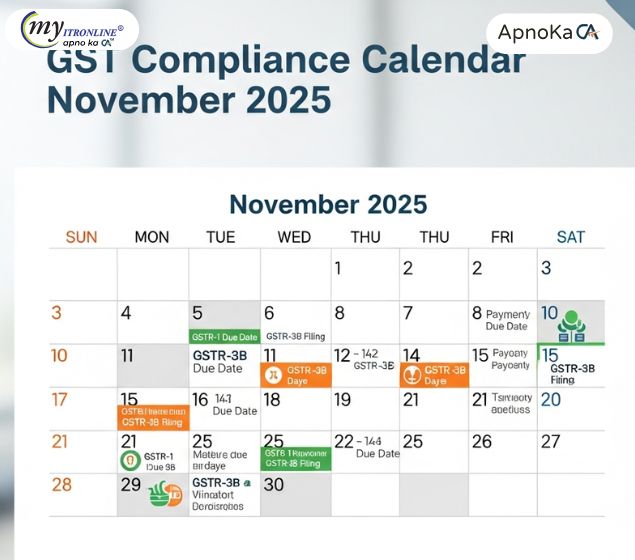
GST Compliance Calendar November 2025
This blog provides a clear and simple calendar of all key GST return filing dates for November 2025. It helps GST-registered taxpayers stay compliant, avoid penalties, and plan their filings in advance.
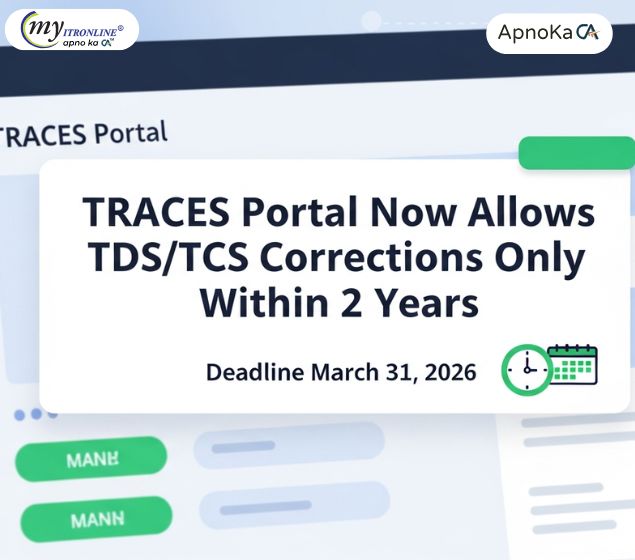
Tax Alert: TRACES Portal Sets 2-Year Limit for TDS/TCS Corrections
The Income Tax Department has shortened the correction window for TDS/TCS statements to just 2 years via the TRACES portal. This change affects deductors, collectors, and taxpayers alike. Corrections for older financial years (FY 2018-19 to FY 2023-24) must be filed by March 31, 2026. After that, no changes will be accepted. Learn what this means for you and how to act now.
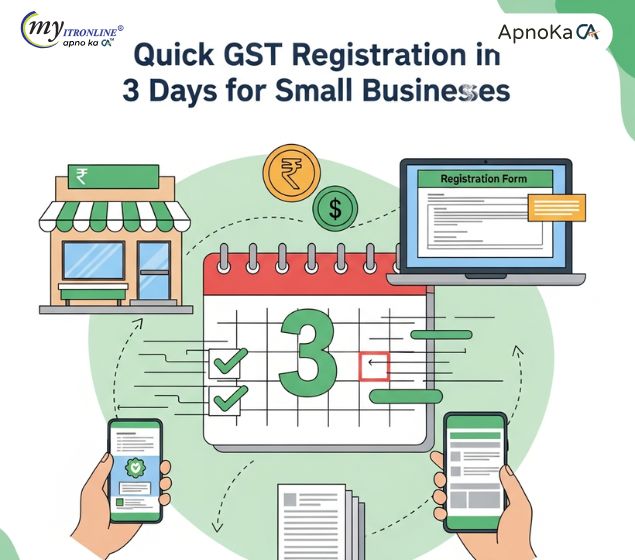
Quick GST Registration in 3 Days for Small Businesses
The GST portal has launched a faster registration process for low-risk taxpayers. With Aadhaar authentication and proper document upload, eligible applicants can now get GST registration within 3 working days.

Administrative clarity wins: Same officer to handle Section 74 to Section 73 conversion
The CBIC has clarified that when a GST case originally issued under Section 74 is converted to Section 73 following an appellate or court order, the same original adjudicating officer remains the Proper Officer for re-determination under Section 75(2). This avoids jurisdictional transfers, maintains consistency, and supports timely compliance with the two-year limit under Section 75(3).
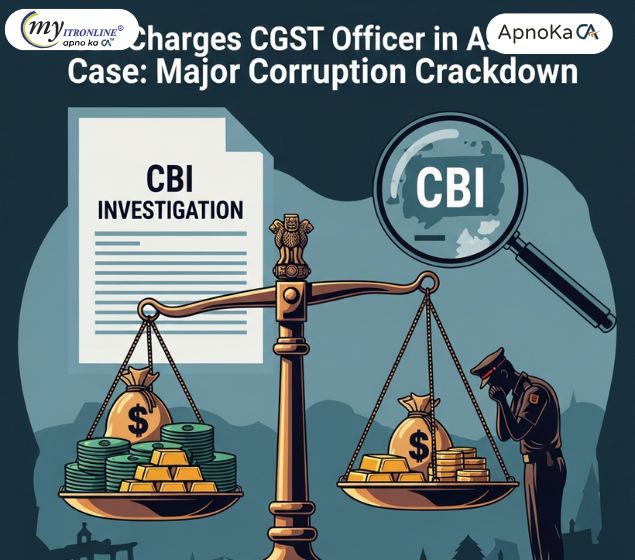
CBI Charges CGST Officer in Assets Case: Major Corruption Crackdown
The CBI has initiated an investigation against Assistant Commissioner Rati Ram Meena for allegedly possessing disproportionate assets of approximately ₹2.54 crore accumulated between August 2018 and August 2025. Searches in Jaipur, Ankleshwar, and Ahmedabad reportedly uncovered properties, high-end vehicles, jewellery worth ₹35 lakh, and documents indicating funds routed via family-linked entities.

Big relief for taxpayers: Supreme Court protects buyers from seller’s default
The Supreme Court of India has held that a genuine buyer cannot be denied ITC merely because the seller failed to deposit tax. In M/s Shanti Kiran India Pvt Ltd vs Commissioner, Trade & Tax, Delhi (October 9, 2025), the Court emphasized fairness: action should target the defaulting seller, not the compliant purchaser. While the case arose under the Delhi VAT Act, its reasoning strongly influences GST disputes under Section 16(2)(c). Businesses gain a constitutional shield against automatic ITC denials but must continue robust documentation, vendor checks, and genuine transactions. Example: if you paid ₹100 in tax against a valid invoice and acted in good faith, your ITC right stands.

Refund Adjusted Against Outstanding Demand: What You Need to Know
If your income tax refund is adjusted against an old tax demand, it’s likely due to Section 245 of the Income Tax Act. This blog explains what the notice means, how to respond within 30 days, and what options you have. Learn how to protect your refund and keep your tax records clean.

ITR E-Verification Made Easy: Your 2025 Guide Using Demat or Bank Account
A complete 2025 guide on how to e-verify your Income Tax Return (ITR) quickly and securely using your pre-validated Bank Account or Demat Account on the e-Filing portal. Learn the prerequisites and the step-by-step Electronic Verification Code (EVC) generation process.

Difference Between Refund Issued and Refund Credited in Income Tax
This guide clarifies the distinction between the two common income tax refund statuses, "Refund Issued" and "Refund Credited." Learn what each status means, the complete refund timeline, key differences, and how to check your refund status for a smoother tax experience
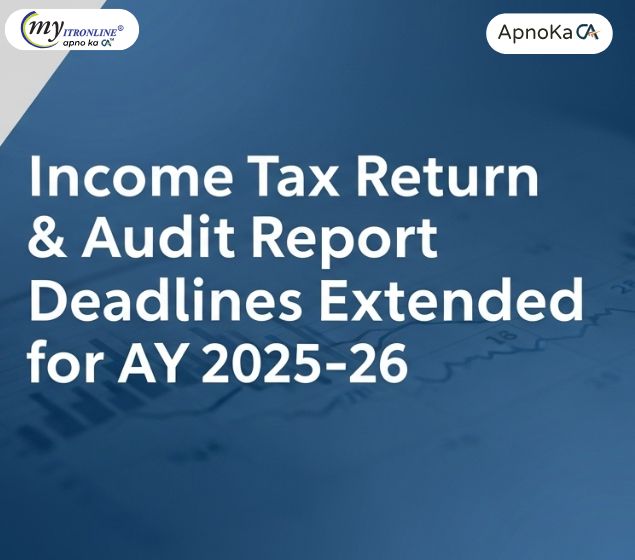
Income Tax Return & Audit Report Deadlines Extended for AY 2025–26
The Central Board of Direct Taxes (CBDT) has extended the deadlines for filing Income Tax Returns and audit reports for the Assessment Year 2025–26. This move offers relief to taxpayers and professionals by giving them more time to complete their filings.
